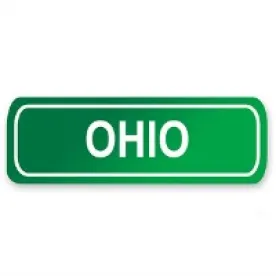Ohio employers will likely soon enjoy greater legal protections when it comes to their efforts to stem the spread of COVID-19. Acknowledging the legal uncertainties faced by essential workers and businesses in the wake of reopening, the Ohio Senate on September 2, 2020, passed House Bill (H.B.) 606, a measure which, if signed into law (and it is expected that Governor Mike DeWine will sign the bill very quickly), would grant state-law immunity from civil lawsuits for “injury, death, or loss” related to “the transmission or contraction” of the novel coronavirus. The bill specifically provides that public health orders issued by the executive branch (i.e., the governor and the Ohio Department of Health), as well as public health orders issued by federal government agencies, counties, local municipalities, and boards of health or public health agencies, do not create new legal duties for purposes of tort liability. The bill and its corresponding protections will be retroactive to the date of the declared state of emergency in Ohio, March 9, 2020, and will expire on September 30, 2021.
The bill significantly limits legal exposure to Ohio businesses, which, absent a showing of reckless, intentional, or willful or wanton misconduct, would not be liable to customers, employees, or others for actions or omissions resulting in the exposure to, or transmission or contraction of, COVID-19. The bill, which is expansive, extends protections to all Ohio entities, including schools, nonprofit and for-profit entities of any size, governmental entities, churches, colleges, and universities.
Subject to limited exceptions, the new law would also shield health care providers from liability in tort actions arising from the “provision, withholding, or withdrawal” of health care services resulting from the coronavirus pandemic. The bill does not provide total protection; plaintiffs who can prove a health care provider acted with “reckless disregard for the consequences” of their actions, or engaged in “intentional misconduct or willful or wanton misconduct” could still recover.
In addition to the above protections, the bill would flatly bar class actions based in whole or in part on allegations that a health care provider, business, government entity, or person caused “exposure to, or the transmission or contraction of” COVID-19.





 />i
/>i

